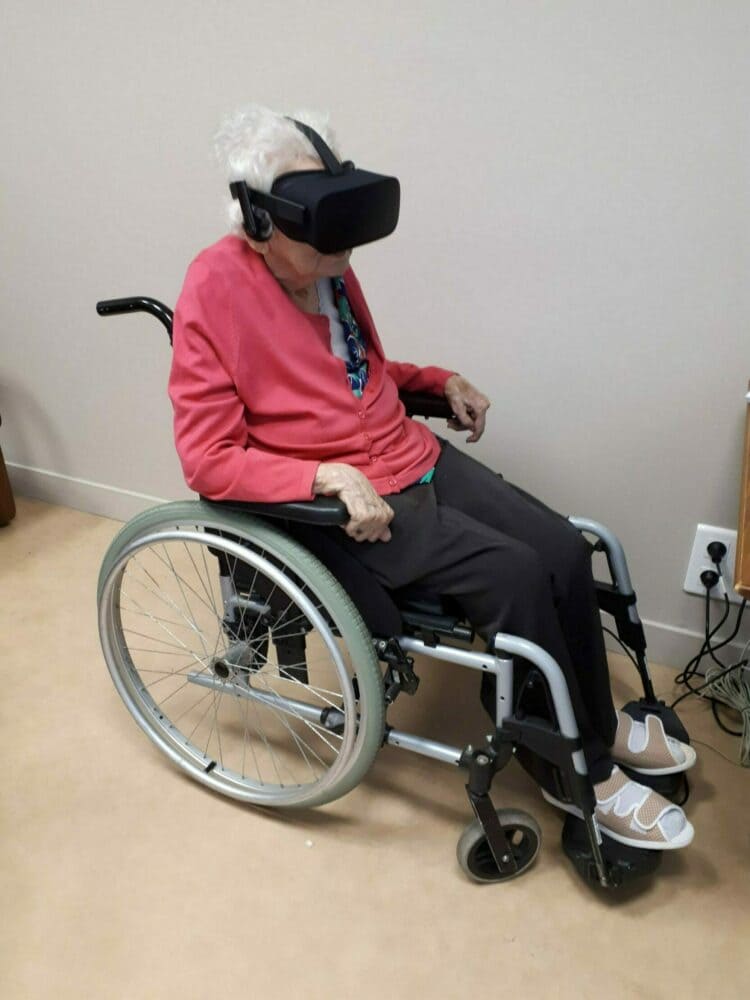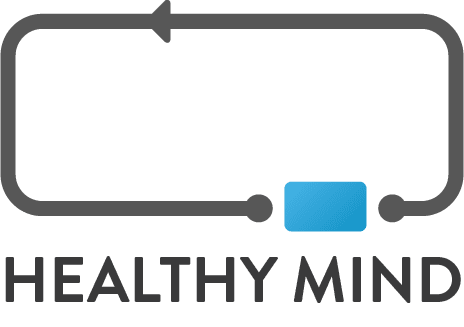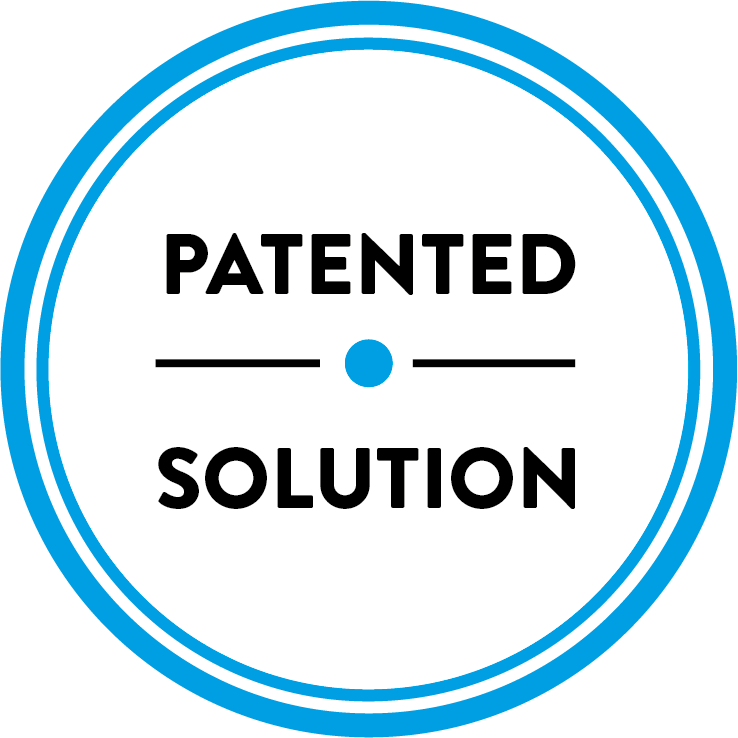Nursing home
Created in collaboration with doctors and experts in neuroscience, our therapeutic virtual reality medical device has been designed to reduce pain and anxiety for patients in hospitals but also for residents in retirement homes and nursing homes.
Our solution combines neuroscience, virtual reality and medical hypnosis to ensure better stress and anxiety management. The resident will be able to escape and benefit from a therapeutic journey in various relaxing environments accompanied by music therapy and breathing exercises. These environments have been designed to ensure a relaxing and immersive 360° experience. Different scenery that changes the apprehension of daily life, fights against depression and apathy and favours sleep.
Our tool is perfectly adapted to residents in nursing homes as it does not require any mobility of the patient and can be used in any position. Moreover, it can also be used for the care givers to guarantee them a moment of escape and well-being at work. (see Quality of life at work for caregivers).

Expected benefits
Offering a unique
multi-sensory experience
Stimulate
cognitive functions
Calm down
anxieties
Relieve
pains
Improve their
well-being
Offering a unique
multi-sensory experience
Stimulate cognitive
cognitive functions
Calm down
anxieties
Relieve
pains
Improve their
well-being
Clinical study with our solution
Clinical study with our solution

| 78% |
|---|
| GOOD ACCEPTANCE |
Virtual Reality (Healthy Mind®) in EHPAD: Evaluation in elderly people with cognitive disorders, JASFGG, 2019.
G. Pisica, et al.
Results: 140 sessions carried out over one month with recording of clinical parameters and assessments before and after each session or intervention period. VR sessions were well accepted by 78% of participants, the rest being neutral or opposed. Agitation, mood and behavioural disturbances measured by the CMAI, Cornell, NPI- ES were improved by the VR sessions but much less so by the video activity. Participants’ stress as measured by heart rate was significantly reduced by VR sessions compared to video sessions. N=14
Testimonies







